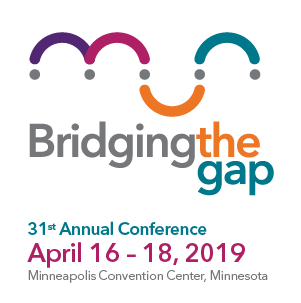Bridging the Gap: Going Back to Go Forward—Decolonizing Ourselves, Our Work and Our Organizations
90-minute Workshops
Day 3
Session Code: S6-HWhen: April 18, 2019
Location/Room: 101 DE
Level: Intermediate
Track: Global Diversity
Presenter: Natasha Aruliah, Intercultural, Diversity, Equity & Social Justice (IDE&SJ) Inc.
Description
With advances in globalization, technology, migration and mobility, increasingly individuals, groups, organizations and cultures are coming into contact with each other both locally and on a global stage. While some might argue that this is good for diversity, others argue that this is a modern form of colonization and that understanding the deeper significance of these trends and the connection to histories of colonization is crucial for deep equity work and social justice.
In fact, the field of DEI is often charged by many, such as social justice activists, community groups and unions, as being a ‘soft touch.’ The field and those of us in it are seen as colluding with business imperatives rather than really addressing the deeper social issues of diversity, equity and inclusion. Many doing the work do not even include the word equity in their work, simply referring to it as D&I. A recent example of this gap was noted when Trevor Noah (an American talk show host) made a comment about the French soccer team winning the World Cup in 2018 and congratulating Africa. The ensuing debate about diversity, identity and colonial histories highlights the gap between DEI practitioners and social justice activists.
This session is open to anyone interested in engaging in a deeper conversation and will be highly interactive including an experiential activity to explore the impact of colonial contact. Using the history of colonization and the settlement of Canada as a starting point, connections and links will be made to other histories, communities and intergroup contact, both past and present, locally and globally. Participants will reflect on colonization and its impacts both here on Turtle Island (North America) and in their own countries/contexts.
How has colonization impacted the communities and contexts in which we live and work? Why should we be considering colonial histories and how does it connect to DEI work? How do current practices of globalization, multinational corporations and internationalization affect local cultures? Is this the new language of colonization or something different? For North Americans, what is the work we need to be doing to bridge the gap between indigenous and nonindigenous people?
What does it mean to decolonize? Is it possible to have respectful and mutually beneficial interactions, globally and locally, that are truly diverse, equitable and inclusive?
Participants will have an opportunity to reflect critically on their work and interactions and explore how to form more respectful and equitable interactions, to bridge gaps to create truly inclusive and equitable workplaces, communities and world. This workshop integrates intercultural studies, social justice approaches and DEI.
Learning Outcomes
- Reflect on the impact of colonization, with regards to the settlement of North America and with other cultures, groups and histories of colonization globally
- Think critically about DEI work globally and locally, specifically with a decolonizing lens


